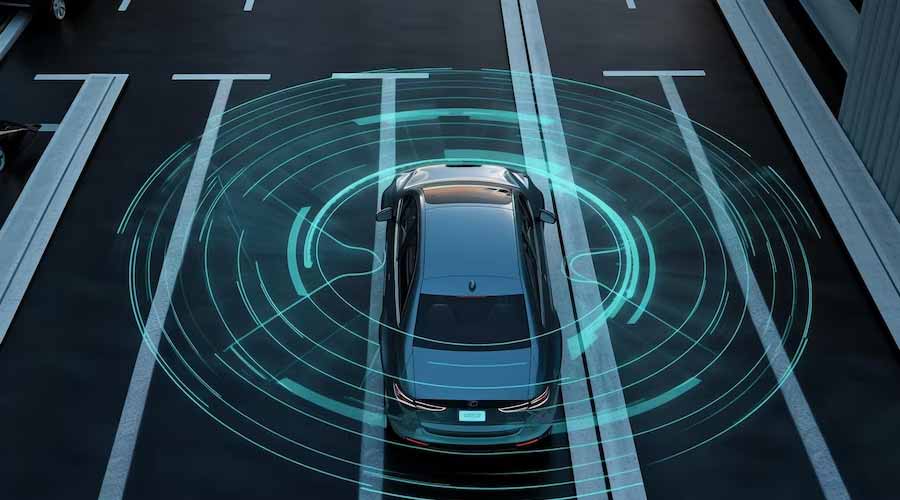
Driving the Future: Top 10 Startups Revolutionizing Transportation with 5G and Autonomous Vehicles
The intersection of 5G technology and autonomous vehicles has paved the way for groundbreaking innovations in the transportation sector. Startups around the globe are capitalizing on these advancements to redefine the way we move from point A to point B.
Waymo (Alphabet Inc.):
A subsidiary of Alphabet Inc., Waymo is a pioneer in autonomous driving technology. With a focus on developing self-driving cars, Waymo has integrated 5G connectivity to enhance vehicle communication, enabling real-time data exchange between vehicles and infrastructure for safer and more efficient transportation.
TuSimple:
TuSimple is revolutionizing the trucking industry by deploying autonomous trucks powered by 5G connectivity. The company’s fleet of self-driving trucks aims to improve freight efficiency, reduce costs, and enhance overall road safety.
Aurora:
Aurora is dedicated to building a full-stack solution for autonomous vehicles, from hardware to software. By leveraging 5G technology, Aurora aims to create a seamless and interconnected transportation ecosystem, enabling vehicles to communicate and make split-second decisions for a safer and more efficient travel experience.
Cruise (General Motors):
Backed by General Motors, Cruise is focused on developing self-driving technology for urban environments. By incorporating 5G connectivity, Cruise vehicles can communicate with each other and with smart city infrastructure, optimizing traffic flow and enhancing safety for both passengers and pedestrians.
Nuro:
Nuro specializes in autonomous delivery vehicles, with a mission to transform the way goods are transported. By integrating 5G technology, Nuro’s compact, self-driving vehicles can navigate urban environments with precision, delivering packages efficiently and reducing the carbon footprint associated with traditional delivery methods.
Voyage:
Voyage is addressing the challenge of providing autonomous transportation for senior citizens in retirement communities. With the support of 5G connectivity, Voyage’s self-driving cars are equipped with advanced sensors and communication capabilities, ensuring a safe and reliable mode of transportation for elderly residents.
Rivada Networks:
Rivada Networks focuses on leveraging 5G for connected vehicle solutions. By providing a robust communication infrastructure, Rivada enables seamless data exchange between vehicles, traffic management systems, and other components of the transportation ecosystem, contributing to the development of smarter and safer roads.
Phantom Auto:
Phantom Auto specializes in teleoperation technology, allowing human operators to remotely control autonomous vehicles when needed. By utilizing 5G networks, Phantom Auto ensures low-latency communication between operators and vehicles, enabling a smooth transition between autonomous and manual driving modes.
Aptiv:
Aptiv is a global technology company that develops advanced safety and autonomous driving solutions. Integrating 5G connectivity into their autonomous platforms, Aptiv focuses on enhancing the vehicle’s ability to communicate with other cars, infrastructure, and pedestrians, ultimately improving road safety.
Starsky Robotics:
Starsky Robotics is revolutionizing the trucking industry by combining autonomous technology with remote vehicle operation. With the support of 5G, Starsky’s trucks can seamlessly switch between autonomous and manual modes, optimizing logistics and reducing the need for human drivers on long-haul routes.
Conclusion:
As the transportation industry embraces the era of 5G and autonomous vehicles, these startups are at the forefront, driving innovation and reshaping the future of mobility. With a focus on safety, efficiency, and connectivity, these companies are propelling us toward a new era of transportation that is not only autonomous but also interconnected and intelligent. The collaboration between 5G and autonomous vehicles is unlocking unprecedented possibilities, and these startups are leading the charge towards a more sustainable, efficient, and connected future on the roads.


